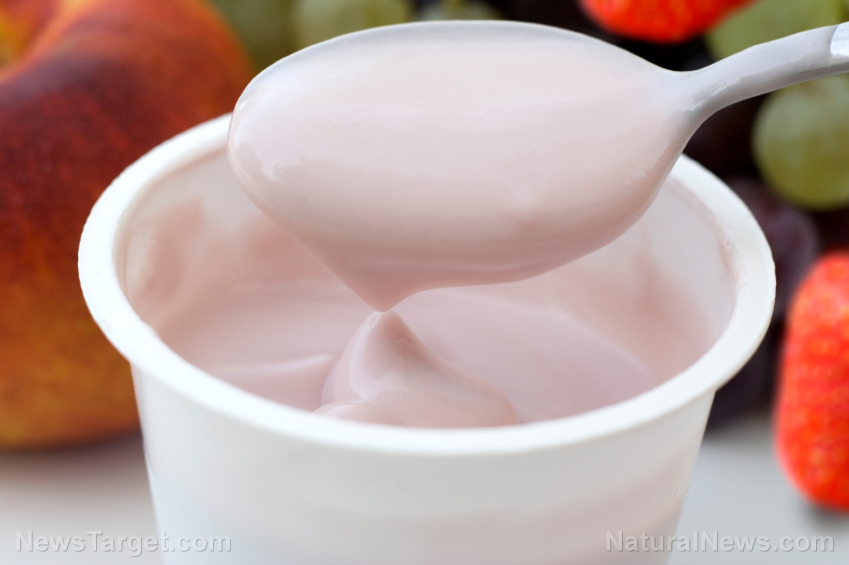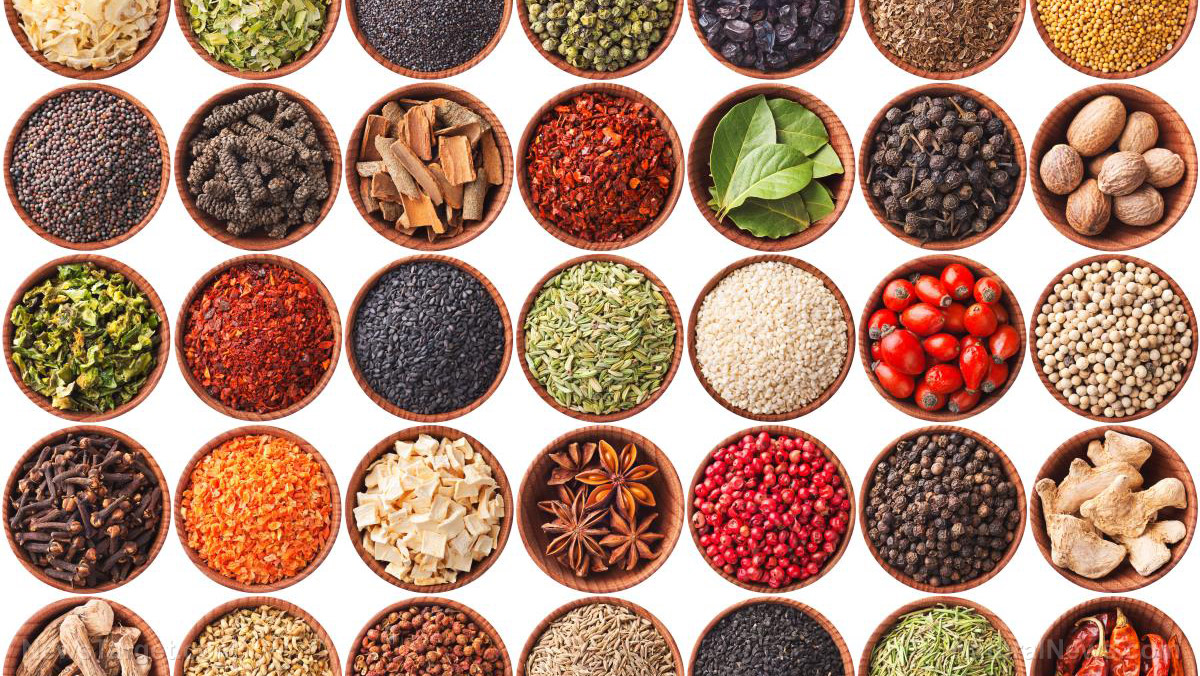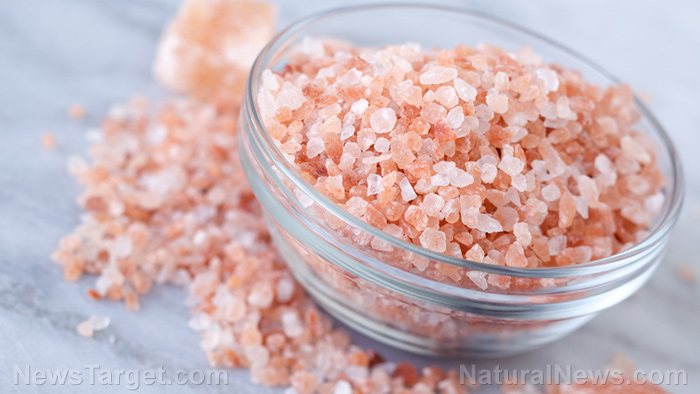Probiotics help reduce risk of asthma in children
03/18/2018 / By Jessica Dolores

To say that all kinds of bacteria do more harm than good is to do these microorganisms an injustice.
Yes, horror stories of how bacteria like Staphylococcus aureus can enter bones, joints, lungs and heart valves and have fatal results. Meningitis, which can deteriorate to brain damage, even death, comes from bacteria, viruses and fungi.
But there’s another side to the story.
There are good bacteria that promote instead of destroy life. These are called probiotics, from the Greek word pro, or promoting, and biotic, or life. It was Elie Metchnikoff who discovered these life-giving microorganisms in the early 20th century. He noticed that rural people in Bulgaria lived long even though they were mired in poverty, and lived in harsh weather conditions.
The reason: good bacteria found in sour milk.
The rest is history.
A large body of research has shown that probiotics has a good balance of gut bacteria that promotes health. One such study focused on infants at high risk for asthma. Researchers wanted to find out if probiotics could help bring down the incidence of asthma in babies. They studied gut mirobiota maturation in one-year-old babies at high risk for asthma and studied whether giving them Lactobacillus probiotics will improve their health.
The infants’ stool samples were collected and the provision of probiotics was random. Six months after, the infants developed anti-inflammatory fatty acids which prevent asthma and the tendency to develop allergic reactions.
Lactobacillus promoted the production of fatty acids that fight inflammation. The new study also found that pregnant women who took these probiotics could actually prevent disease in themselves, and therefore in their unborn baby.
Friendly bacteria
Probiotics does wonders for adults as well. These friendly bacteria help us by:
- Preventing and treating diarrhea — A review of 35 studies showed that probiotics can shorten the occurrence of infectious bacteria by as much as 25 hours.
- Promoting mental health — A review of 15 studies shows that taking probiotics for one to two months reduces anxiety, depression, autism and obsessive-compulsive disorder. It also promotes memory.
- Keeping the heart healthy — A review of five studies showed that taking probiotic yogurt for two to eight weeks lowered total cholesterol by four percent and LDL cholesterol by five percent.
- Reducing the effect of allergies and eczema in babies and infants — Pregnant women who took probiotics gave birth to babies who had an 83 percent reduced risk of having eczema during the first two years of life.
- Lessening the symptoms of digestive disorders — People with mild ulcerative colitis showed improvement after taking probiotics. These good bacteria may also help those suffering from irritable bowel syndrome.
- Boosting our immunity — Probiotics reduce the occurrence and the length of respiratory infections. One study on more than 570 children found that probiotics reduced the frequency and severity of infections in the respiratory system by 17 percent.
- Reducing our weight — One study showed that women on a diet who took probiotics for three months reduced their weight by 50 percent than those who did not.
Natural sources of probiotics
You need not go far if you want to add probiotics in your daily diet. The following are rich sources of these friendly bacteria.
- Yogurt. This comes from milk fermented by friendly bacteria and is linked to bone health and reduced blood pressure.
- Kefir, a fermented probiotic milk drink which boosts bone health, shields the body against infections, and aids digestion.
- Sauerkraut. Besides being a probiotic, it has lots of fiber, vitamins C, B, K, and sodium. It also contains iron and manganese.
- Tempeh. This fermented soybean has vitamin B12.
- Kimchi. It has lactic acid, which is good for digestive health.
- Miso. This Japanese seasoning has protein, fiber, minerals, manganese, copper and phytonutrients.
- Kombucha, or fermented black or green tea.
- Pickles. They boost digestive health and are a rich source of vitamin K. They also aid in blood clotting.
- Traditional buttermilk or fermented dairy drinks.
- Natto. This fermented soybean product is linked to increased bone mineral density and high vitamin K2 content.
Sources include:
Tagged Under: asthma, childhood asthma, children's health, good bacteria, healthy diets, healthy food, healthy living, infant health, Lactobacillus probiotics, prevention, probiotics, supplements




















